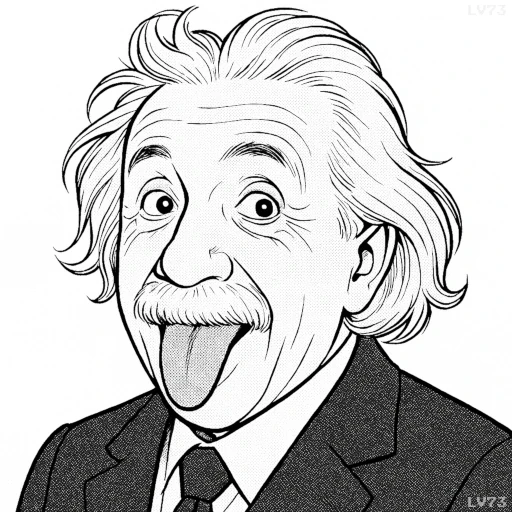“The man of science is a poor philosopher.”

- March 14, 1879 – April 18, 1955
- German-born Jew
- Physicist
table of contents
Quote
“The man of science is a poor philosopher.”
Explanation
In this quote, Einstein suggests that scientists, who are often focused on empirical evidence and specific observations, may lack the broader, reflective thinking associated with philosophy. While science is grounded in data, experimentation, and measurable truths, philosophy involves contemplating abstract concepts such as meaning, ethics, and existence—questions that cannot always be tested or verified. For Einstein, the skills required for scientific inquiry may not always translate to philosophical insight, as the methods and mindsets differ.
Historically, the distinction between science and philosophy has been a topic of debate. While figures like Aristotle and René Descartes combined scientific inquiry with philosophical thought, modern science has largely moved toward specialization, focusing on what can be empirically proven. Einstein’s statement suggests that science and philosophy address different kinds of questions: science seeks to understand how things work, while philosophy seeks to understand why things are the way they are.
In today’s context, Einstein’s insight reminds us of the importance of integrating both scientific and philosophical perspectives. While scientific progress depends on rigor and precision, philosophical reflection can provide broader context, ethical considerations, and meaning. This quote encourages a balanced approach to understanding, recognizing that science and philosophy each offer unique insights. Together, they contribute to a fuller understanding of both the physical world and the human experience.
Would you like to share your impressions or related stories about this quote in the comments section?



